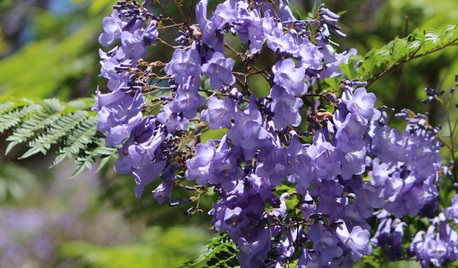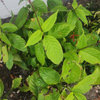O.K. remembers how I told you how I found my bell peppers finally started to grow fruit. Well I just took a closer look under the leaves and I found something else. WHITEFLIES! I have never had a problem with whiteflies before. I have never even seen them until just now. The leaves had this white stuff on them so I got a spray bottle and I used the water pressure to take them off. But now there are these black specks on the leaves. What are they eggs? I looked whiteflies up on the internet and apparently they are very resistant to pesticides. I find it strange that they ignore my tomatoes, broccoli, beans, and sunflowers but they only bother my bell peppers. I got my sweet basil plant and put it next to the bell peppers. It took care of my aphid problem so I figured it was worth a try and theres noticeably less than there are now. But what about those black specks should I try to take them off or just remove the leaves. Is there an organic way to get rid of them like garlic and soapy water?








gatormomx2
teka2rjleffel
Related Professionals
Folsom Landscape Architects & Landscape Designers · Sahuarita Landscape Architects & Landscape Designers · Waterbury Landscape Contractors · Avocado Heights Landscape Contractors · Arden-Arcade Landscape Contractors · Fort Mill Landscape Contractors · Inglewood Landscape Contractors · National City Landscape Contractors · Northbridge Landscape Contractors · Wallingford Landscape Contractors · American Fork Decks, Patios & Outdoor Enclosures · Boise Decks, Patios & Outdoor Enclosures · Winchester Siding & Exteriors · Farmington Siding & Exteriors · Shoreline Siding & Exteriorssflgplume
starryrider
sflgplume
starryrider
c9pilot
gatormomx2
nancybhd_2008
imagardener2
reallyrandy
nancybhd_2008
reallyrandy
claire501
claire501